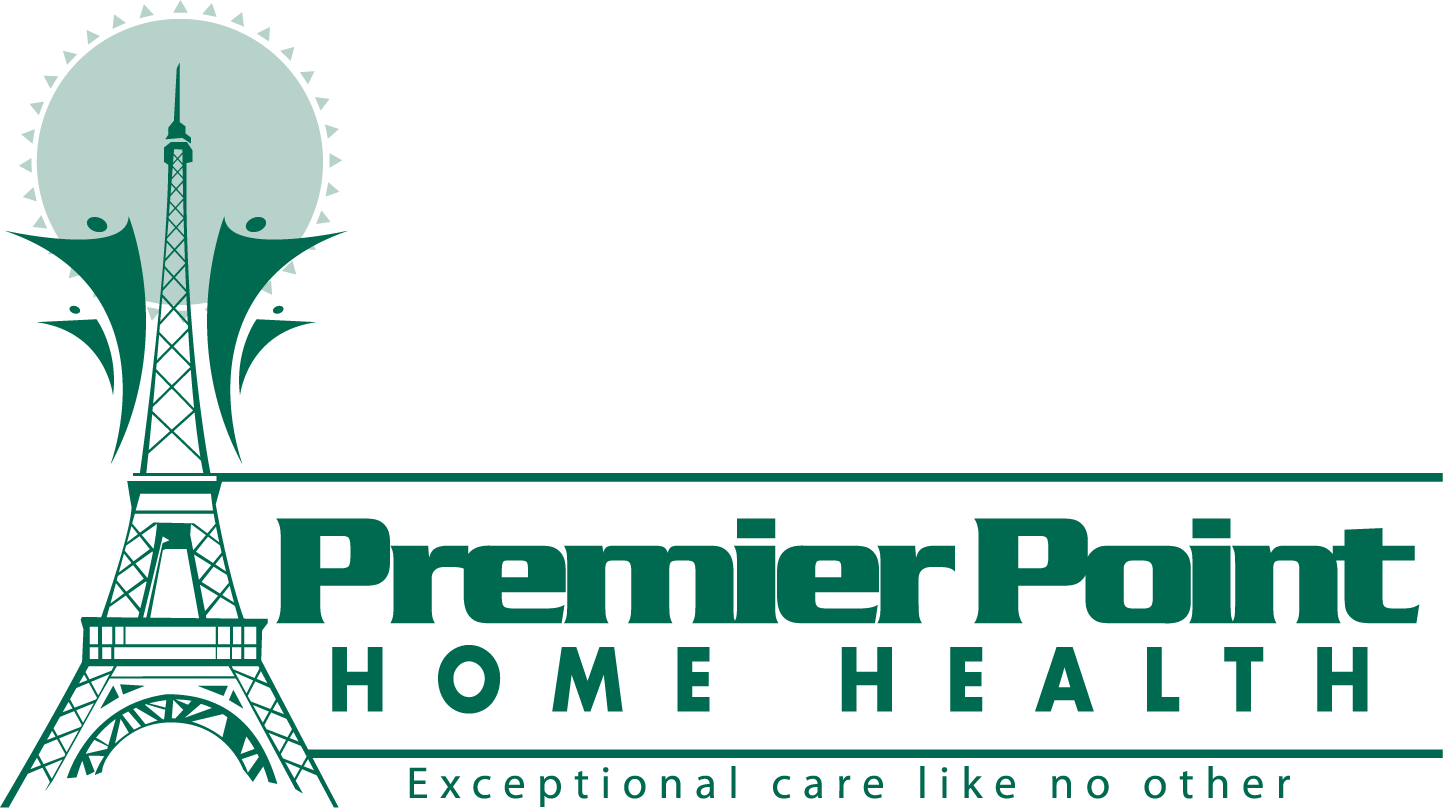2011
Founded
Year
50+
Achieved
Awards
98%
Clients Retention
100+
Core
Team
120+
Projects Implemented
40%
Business Efficiency with AI
Why Choose Cloudester for CRM Testing
-
13+ years in software testing and test automation.
-
10+ years delivering CRM testing services.
-
Certified QA engineers. And 200+ successful testing projects since 2011.
-
Trusted by market leaders like Deloitte, IBM, Walmart, eBay, Nestle, NASA JPL, Viber, and more.
-
Partnerships with Microsoft, AWS, Oracle, Adobe, and ServiceNow.
-
Certified to ISO 27001 for information security management.
Key Areas Covered in CRM Testing
-
Functional Testing
- Validate core CRM modules like lead management, sales pipeline, and customer support.
- Ensure business rules, workflows, and automation scripts execute without errors.
-
Integration Testing
- Test CRM integrations with ERP, payment gateways, email platforms, and third-party APIs.
- Verify smooth data flow and synchronization across connected systems.
-
Performance Testing
- Simulate high user load to evaluate CRM speed, responsiveness, and stability.
- Identify bottlenecks and recommend optimizations for scalability.
-
Security Testing
- Detect vulnerabilities in login, user roles, and access controls.
- Ensure sensitive customer data is protected following ISO 27001–certified practices.
-
Usability Testing
- Review interface design for user-friendliness and workflow efficiency.
- Provide actionable feedback to improve CRM adoption across teams.
-
Regression Testing
- Re-test impacted modules after CRM updates, patches, or customizations.
- Confirm bug fixes do not break existing functionality.
CRM Testing Cost Factors
-
Complexity of workflows
- More intricate CRM processes (e.g., lead nurturing, multi-step approvals) require extended testing.
- Higher workflow dependencies increase test coverage and time.
-
Level of customization
- Custom modules, scripts, or plugins demand additional validation effort
- Heavily customized CRMs need more regression and integration testing.
-
Integration challenges
- Costs rise with complex integrations across ERP, payment gateways, or third-party APIs.
- Data flow validation and error handling add to testing scope.
-
Usability needs
- Testing for accessibility standards (WCAG, ADA) adds specialized effort.
- Cross-device and cross-browser usability checks require more test cycles.
Who’s Involved in the CRM Testing Process
A typical CRM testing team at Cloudester includes:
-
QA Manager
- Oversees the overall CRM testing strategy, timelines, and quality metrics.
- Acts as the main communication bridge between clients and the QA team.
-
Manual and Automation Test Engineers
- Execute test cases, perform exploratory testing, and validate CRM workflows.
- Build and run automation scripts to speed up regression and performance testing.
-
Test Automation Architect
- Designs scalable automation frameworks tailored for CRM platforms.
- Ensures seamless CI/CD integration for faster CRM release cycles.
-
Optional: UX Specialist or User Research Analyst
- Evaluates CRM usability and user journey for better adoption.
- Provides actionable insights to improve interface design and accessibility.
How We Set Up Your CRM Testing Process
Our CRM testing setup is customized based on your CRM system’s complexity, the development stage, and your preferred testing model, whether in-house or through a trusted outsourcing partner. Here’s how we ensure a smooth, efficient rollout.
-
CRM Testing Planning & Design
Estimated Timeframe: 1–2 Weeks
- A dedicated QA Manager ensures that all CRM expectations are well-defined
- Stakeholders from every CRM user group help shape the usability and functional testing scope
- Key performance indicators (KPIs) are outlined for seamless coordination between dev and test teams
-
CRM Testing Setup & Preparation
Duration: 4–12 Weeks Depending on Model
- Decide whether you want to manage ERP testing in-house or outsource it.
- For internal teams, Cloudester helps define the QA collaboration model across PMs, BAs, developers, and test leads.
- If outsourcing, we guide you through vendor selection with a focus on ERP expertise, compliance, and capacity.
Choosing the Right Path for CRM Testing
-
In-House CRM Testing Preparation
Timeframe: Up to 4 Weeks
- If you’re conducting CRM testing internally, your QA Manager will:
- Build a test strategy tailored to your CRM solution.
- Assemble a skilled CRM testing team.
- Consider onboarding additional testing experts as needed.
- Assign a Test Automation Lead (if automation is part of your plan) to: Define test scenarios, Design the test automation framework, Select and configure automation tools
-
Choosing an Outsourced CRM Testing Partner
Timeframe: Up to 12 Weeks
- When outsourcing, Cloudester helps you evaluate and select the right CRM testing vendor by:
- Analyzing CRM testing case studies or portfolios.
- Ensuring vendors have the right scale and capabilities.
- Creating and distributing RFIs (Request for Information).
- Shortlisting top candidates based on your CRM needs.
- Comparing cost estimates and ROI from various vendors.
- Negotiating SLAs and finalizing contracts with transparency.
CRM Testing Launch
Estimated Timeframe: 1–2 Weeks
Once setup is complete, we move into execution:
-
Configure and Deploy the Test Environment
- Set up test environments tailored to your CRM platform (Salesforce, Dynamics, HubSpot, etc.).
- Integrate required testing tools and ensure secure access control under ISO 27001 standards.
-
Start Writing and Executing Test Scripts
- Develop automation and manual test cases based on defined CRM workflows.
- Execute scripts to validate functionality, integration points, and business rules.
-
Create Relevant CRM Test Data
- Generate realistic customer data for lead, sales, and support modules.
- Validate data mapping, import/export accuracy, and consistency across modules.
-
Monitor and Optimize Test Runs
- Track real-time execution results through dashboards and reports.
- Identify issues, prioritize defects, and coordinate with the development team for resolution.
-
Review and Sign-Off
- Perform a final validation cycle to ensure test coverage and quality benchmarks are met.
- Deliver a detailed test summary report with recommendations for improvement.
-
Post-Launch Support and Maintenance
- Provide continuous monitoring to ensure CRM stability after deployment.
- Conduct quick regression and performance checks after any configuration or update.
CRM Testing Types We Offer at Cloudester
Cloudester provides a full spectrum of CRM testing services to ensure your CRM system is accurate, reliable, secure, and user-friendly across all use cases.
-
Integration Testing
- Validate seamless data exchange between CRM and external systems like ERP, email, or analytics tools.
- Ensure APIs and third-party integrations perform without data loss or duplication.
-
Performance Testing
- Simulate user load to evaluate CRM speed, stability, and responsiveness.
- Identify and resolve performance bottlenecks before production rollout.
-
Regression Testing
- Re-test existing CRM functionality after updates or new feature additions.
- Prevent previously fixed defects from resurfacing during software changes.
-
Functional Testing
- Validate all CRM modules such as lead management, customer support, and reporting.
- Ensure each function aligns with business workflows and user expectations.
-
Security Testing
- Identify data protection gaps, vulnerabilities, and unauthorized access risks.
- Verify encryption, authentication, and role-based access control as per ISO 27001 standards.
-
Data Quality Tests
- Check data accuracy, consistency, and completeness across CRM records.
- Detect and correct duplicate, missing, or corrupted data.
-
Usability Testing
- Evaluate ease of navigation, interface clarity, and overall user experience.
- Provide actionable insights to enhance CRM adoption and efficiency.
-
Unit Testing
- Test individual components or custom CRM modules in isolation.
- Detect early defects in logic or functionality at the code level.
-
CRM Testing Launch
- Set up test environments, define strategies, and initiate test execution.
- Monitor progress and ensure all testing milestones align with project goals.
-
Data Testing
- Verify proper data mapping, transformation, and synchronization across modules.
- Ensure migration accuracy from legacy systems to CRM.
-
Test Closure
- Conduct final validation cycles and document all test results.
- Deliver detailed reports with key metrics and improvement recommendations.
-
Functionality Testing
- Ensure each CRM function delivers intended results under various conditions.
- Validate end-to-end business processes through real-world user scenarios.
-
Acceptance Testing
- Collaborate with stakeholders to validate CRM readiness for go-live.
- Ensure all business requirements are fully met before deployment.
-
Exploratory Testing
- Use domain expertise to uncover defects through unscripted test sessions.
- Identify edge cases that structured tests might miss.
-
Load Testing
- Assess CRM’s ability to handle expected user traffic levels.
- Measure performance degradation and scalability under stress.
-
Stress Testing
- Push CRM beyond normal load limits to test stability under extreme conditions.
- Identify potential failure points and recovery behavior.
-
User Acceptance Testing
- Conduct real-world testing with end-users for approval and feedback.
- Validate usability, functionality, and performance before final release.
-
Smoke Testing
- Perform initial checks to confirm CRM’s core functionalities are stable.
- Ensure build readiness before proceeding to deeper testing cycles.
Why Proper CRM Testing is Essential
Inadequate testing can lead to failures in customer interaction workflows, security breaches, and loss of data integrity. Cloudester ensures that your CRM delivers consistent performance, supports business goals, and offers a seamless user experience, all while keeping your costs under control.
Explore more our Testing Services
Our Technology Stack
AI Development Services

Python

.NET Core

Java
AI Development Tools

Jupyter / Anaconda

Colab

Kaggle
Cloud Computing Platforms

AWS

Azure
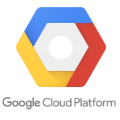
Google Cloud
DevOps

Snyk

JFrog

Jenkins
Frameworks / Libraries

TensorFlow

PyTorch

Keras
Data Storage & Visualization

BigQuery

Power BI
Tableau
Additional Roles for Long-Term or Automated Projects
-
Test Automation Architect
- Typically involved for 2 to 4 weeks at project start
- Identifies which test scenarios to automate.
- Designs the test automation structure.
- Selects and configures tools and frameworks for automation.
-
Test Automation Engineer
- Builds and maintains automated CRM test scripts.
- Analyzes test outcomes and reports defects.
- Works with developers to improve test script quality.
- Maintains regression test suites for CI/CD pipelines.
Awards
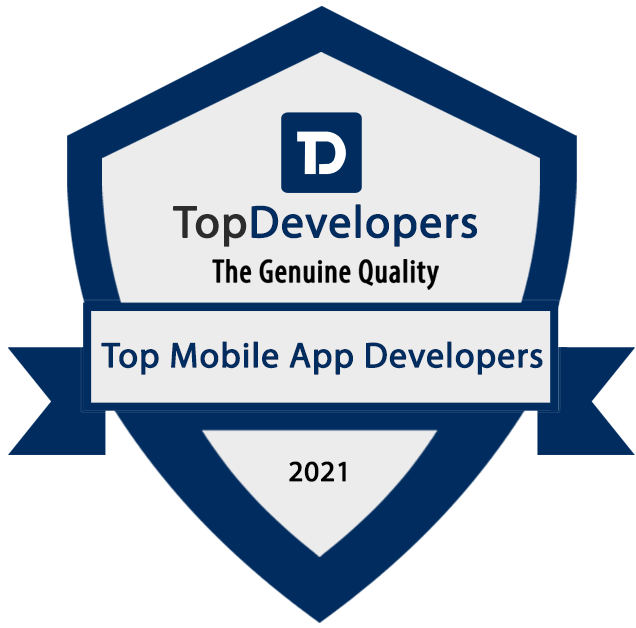

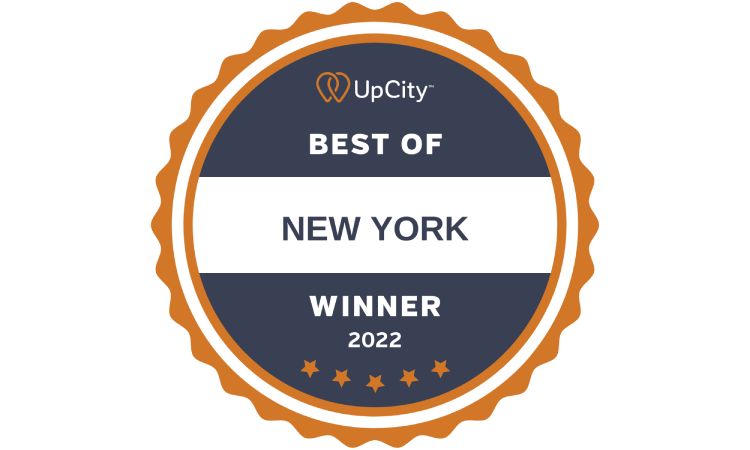

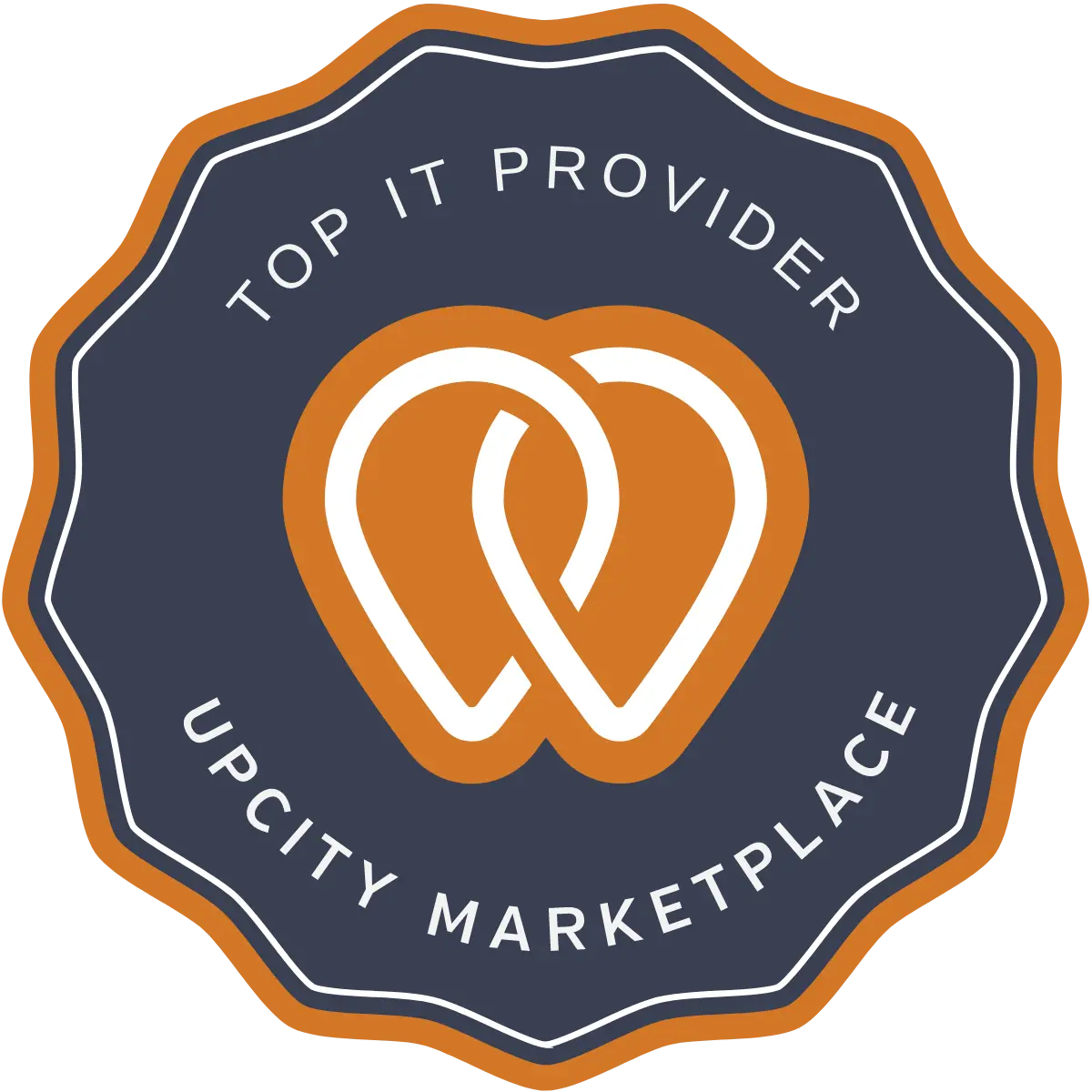
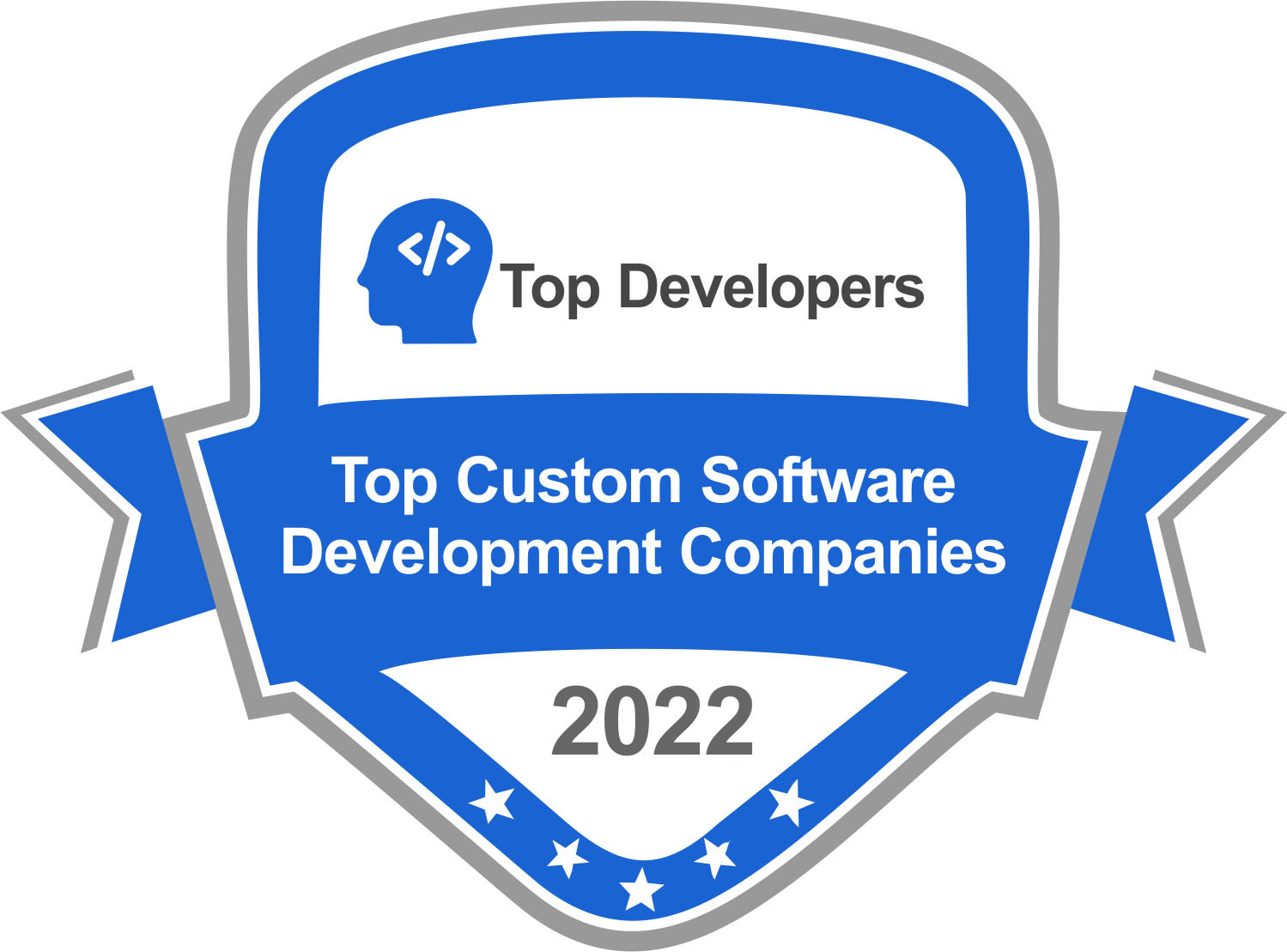






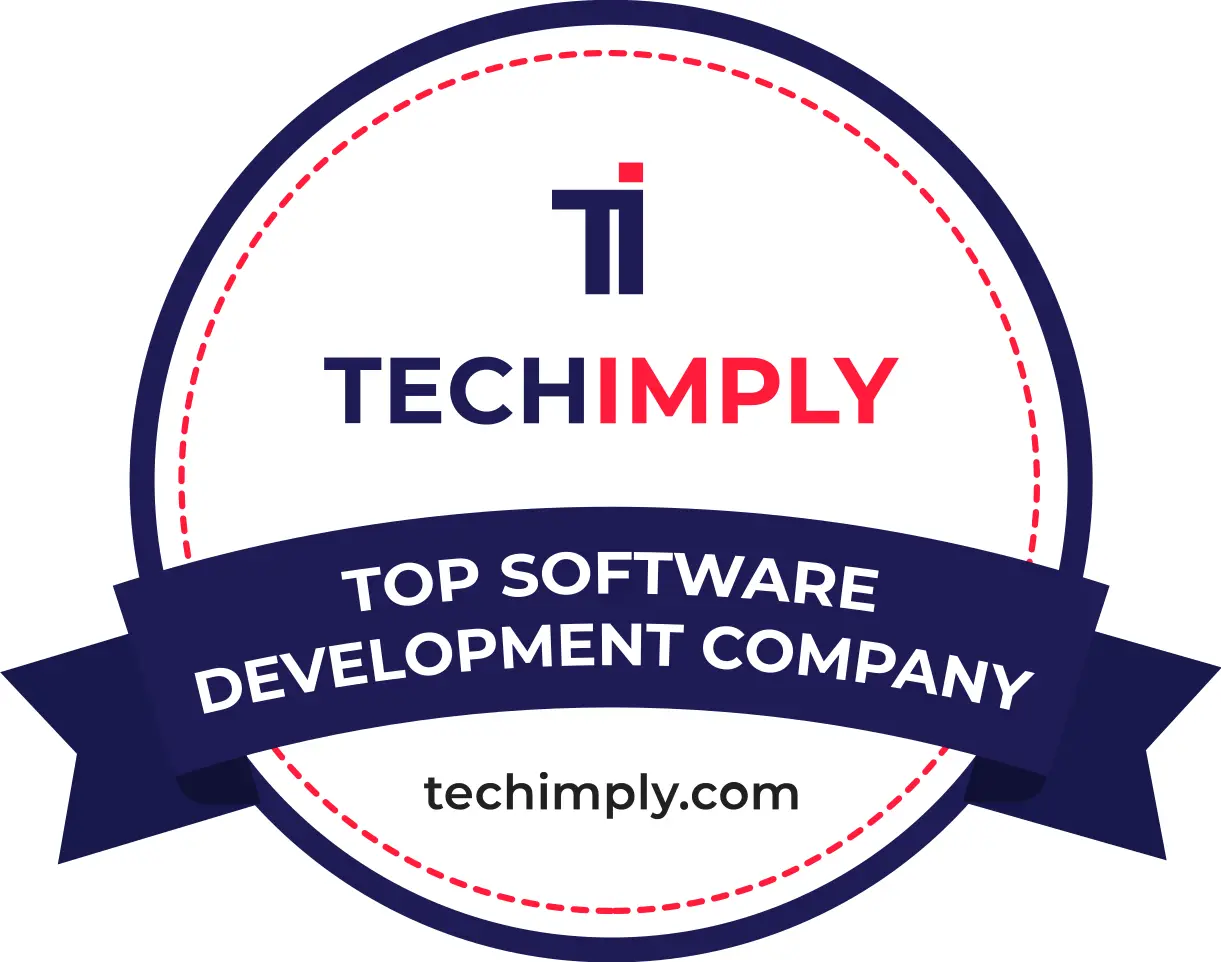



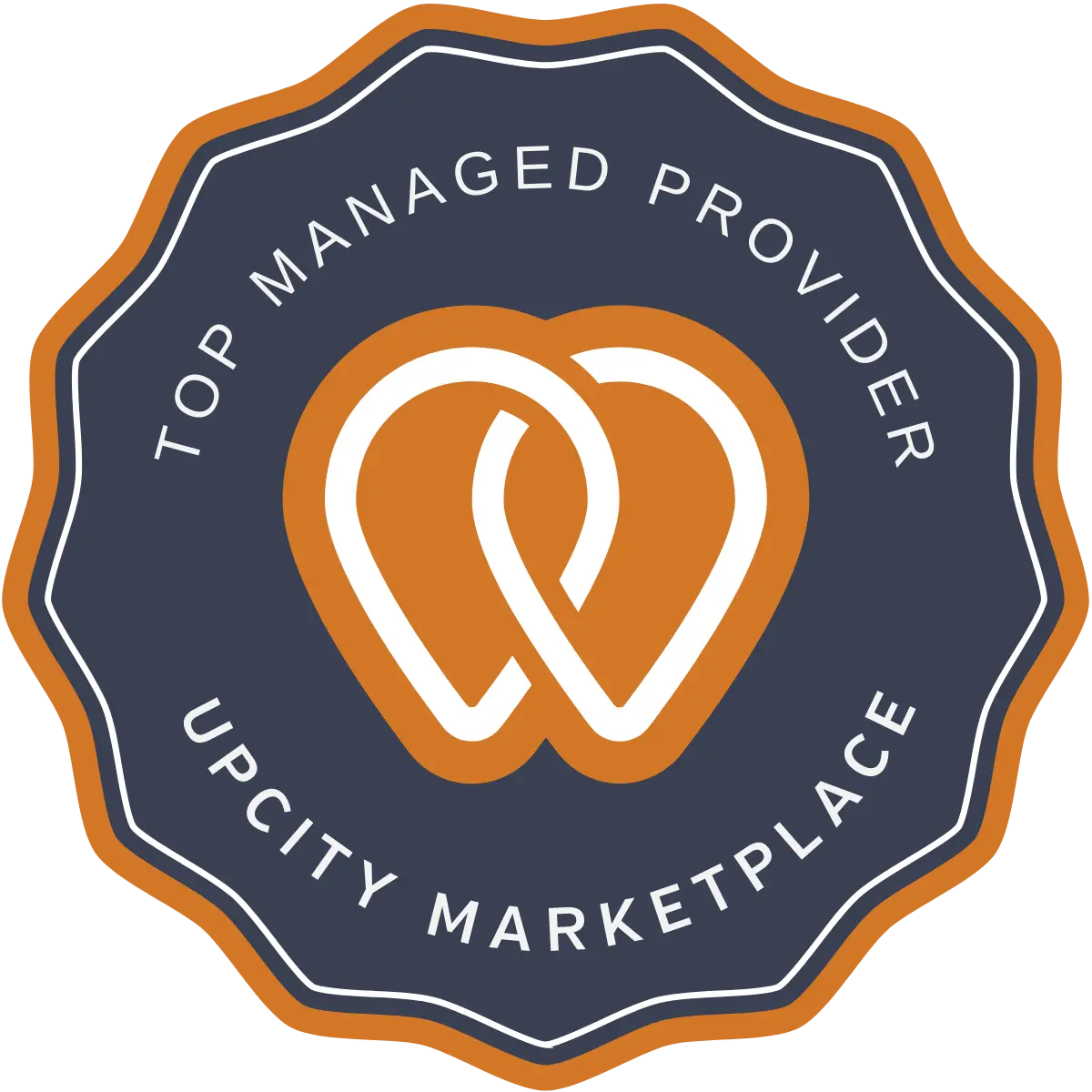
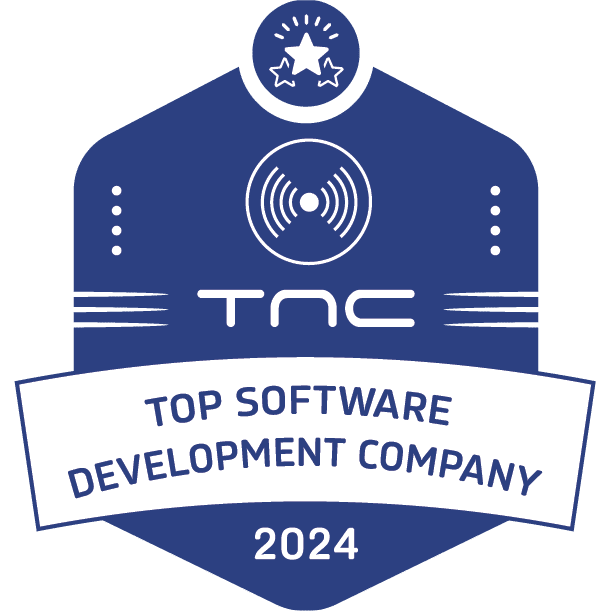

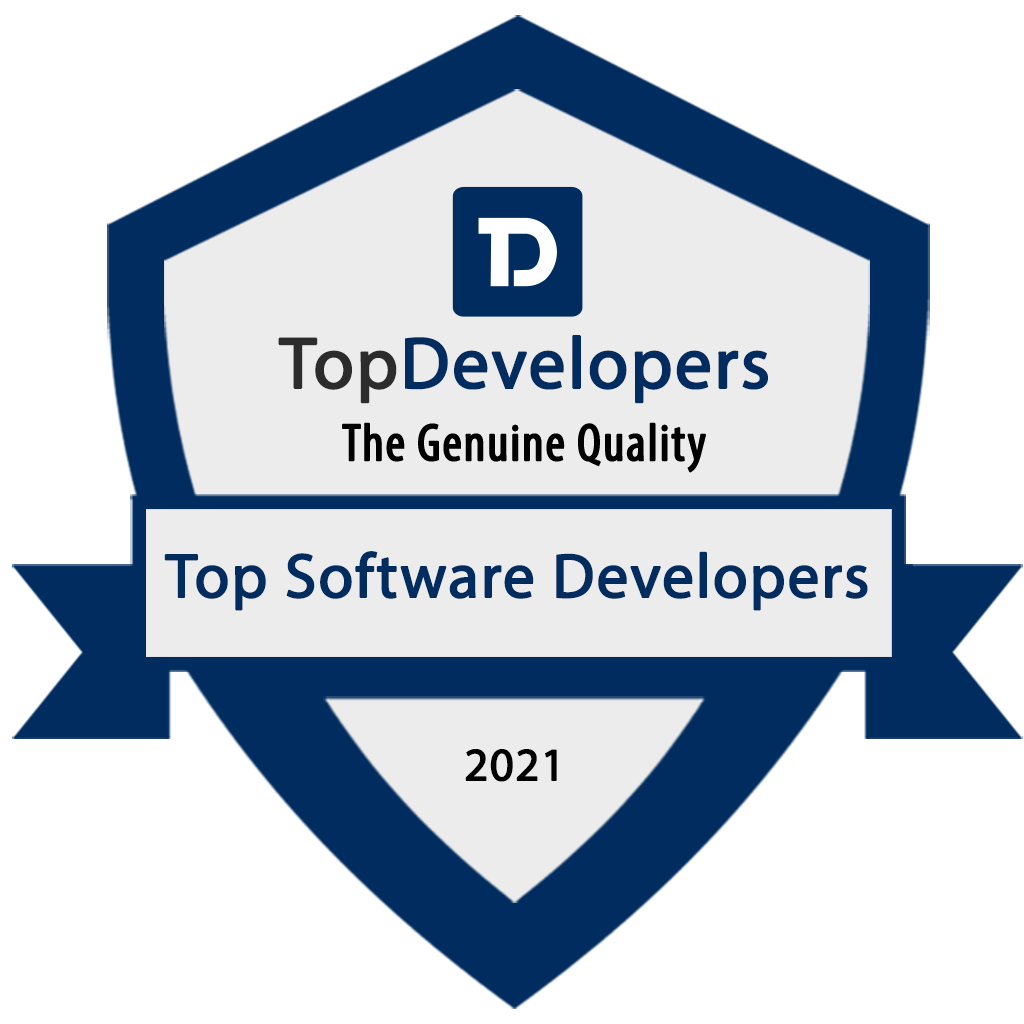
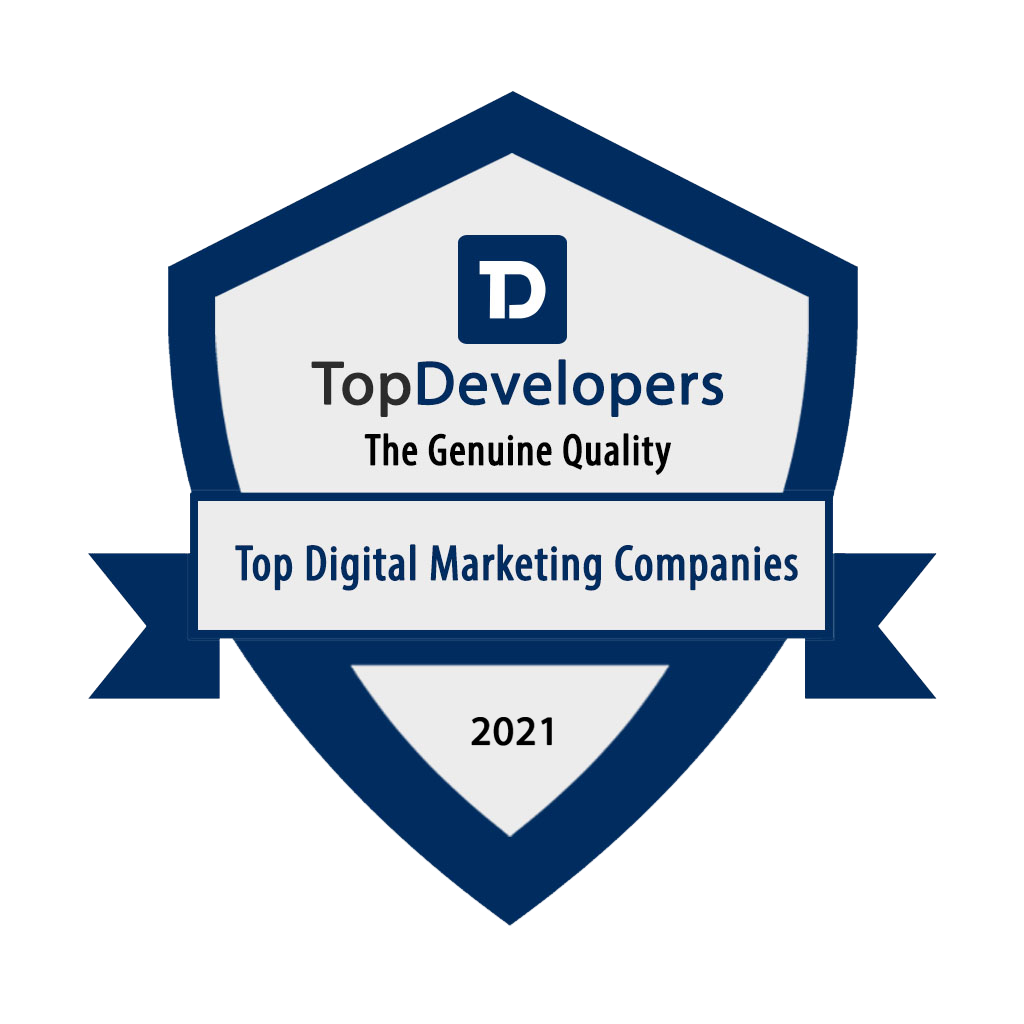
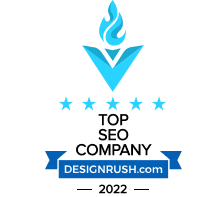
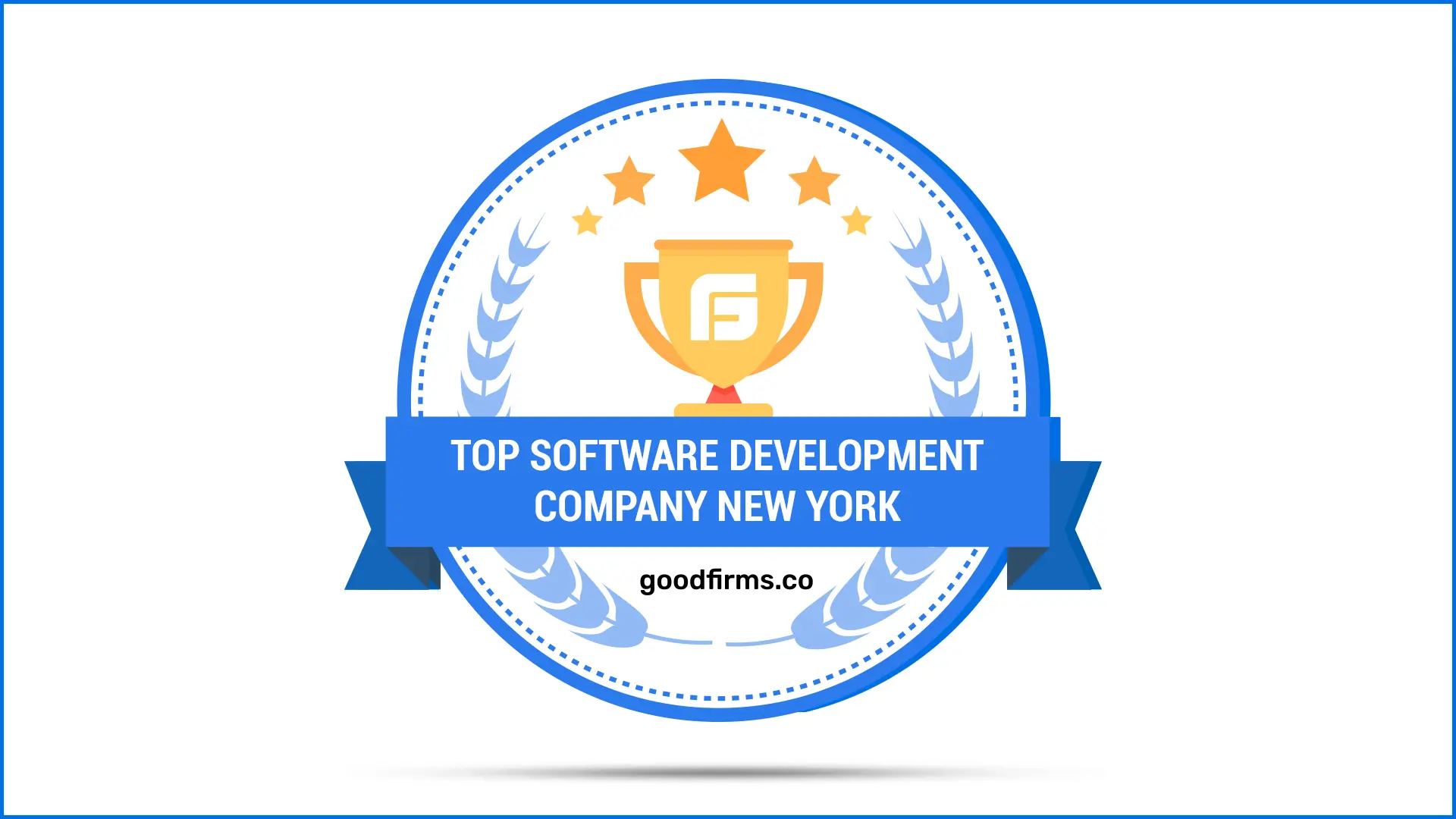
Certification

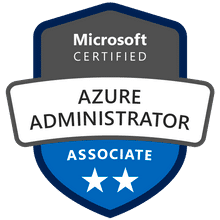
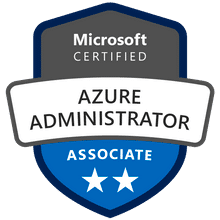
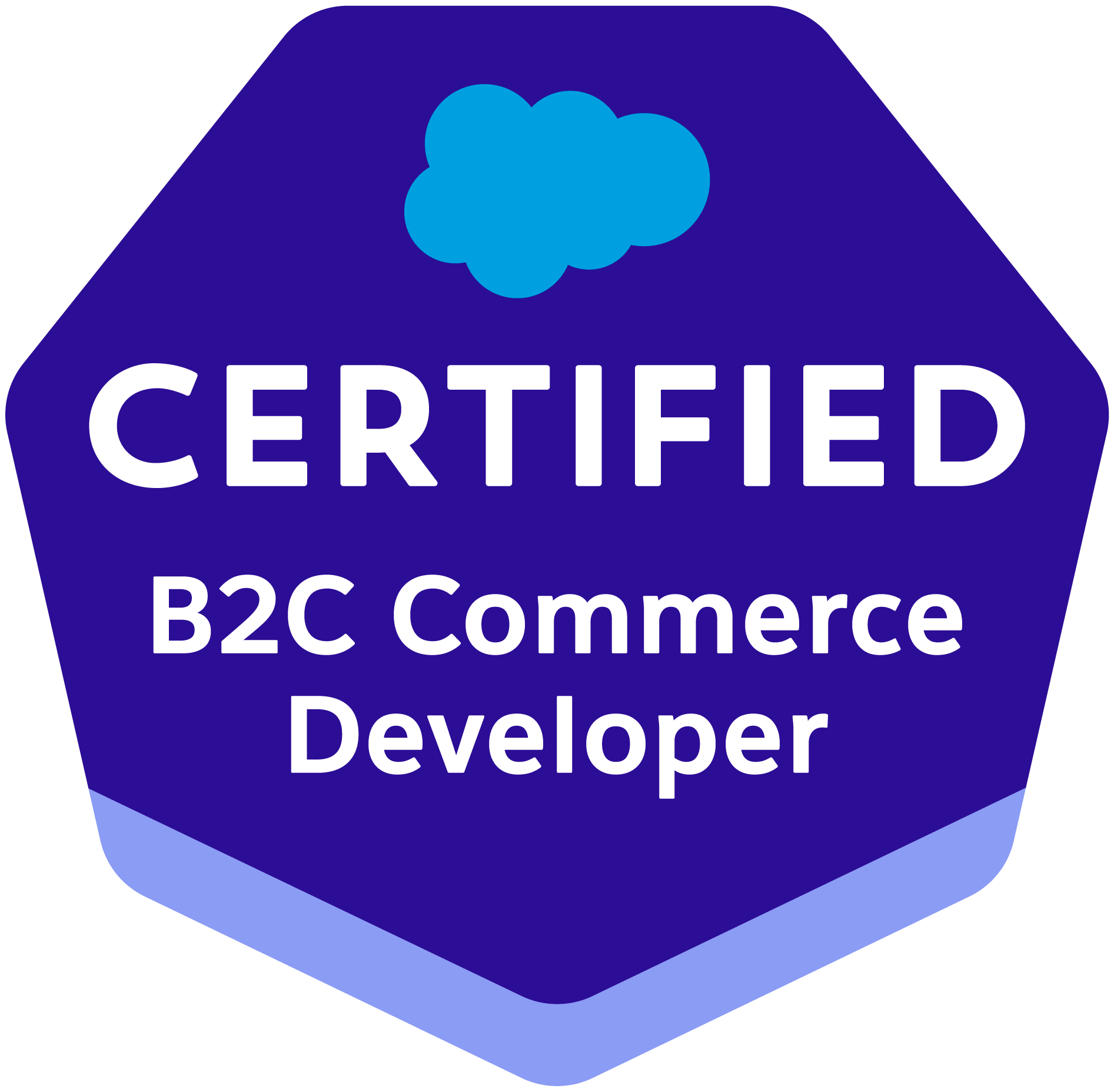
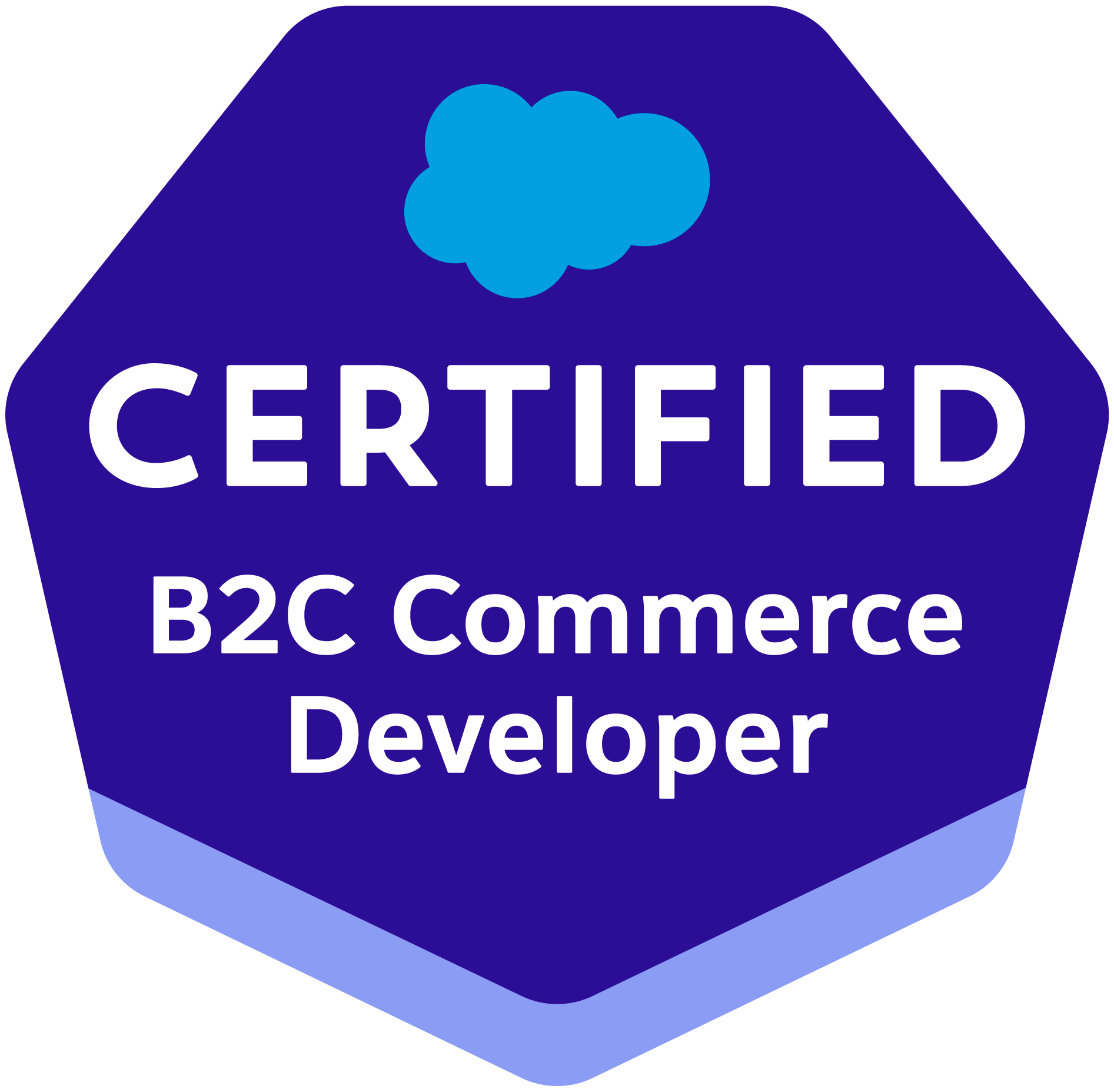


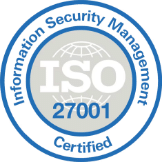
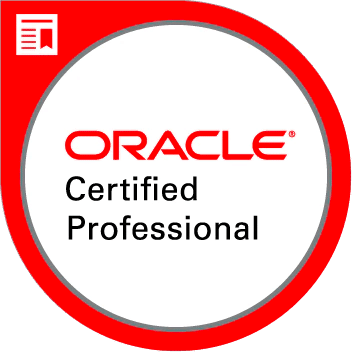
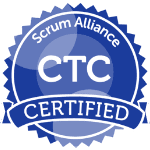
Benefits of CRM Testing with Cloudester
-
Optimized Testing Costs
Sensible resource utilization alongside effective methodologies and relevant automation help deliver more with lower expenses
-
Zero Defects in Production
A shift-left approach to testing and automated regression testing allows high coverage without delaying releases.
-
Fast Onboarding
Cloudester’s testing experts quickly integrate into your CRM project, usually within 1 week, to kick off full-range testing activities.
Partner with Cloudester for Expert CRM Testing Services
With over 13 years of experience in QA consulting and CRM testing, Cloudester delivers reliable, high-quality testing solutions tailored to your CRM environment. Our QA experts specialize in CRM-specific challenges, ensuring your system is fully optimized, secure, and user-ready.
-
CRM Testing Consulting
We start with an in-depth review of your CRM requirements and goals. Our team then crafts a tailored testing strategy, defines measurable KPIs, and selects the most effective tools to align with your project scope and timeline.
-
CRM Testing Outsourcing
Let Cloudester handle your entire QA process. From environment setup and tool integration to defect resolution and test automation within your CI/CD pipeline. We ensure your CRM runs seamlessly with zero compromise on quality.











